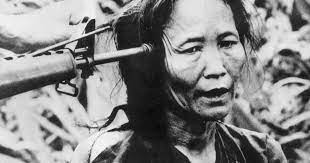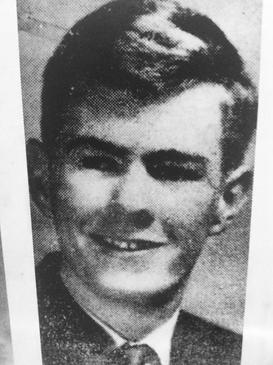Silencing of Anti-War Voices
It’s no secret that Antiwar voices are very frowned upon and silenced in our country. The government loves war, the money and business it brings. The silent majority of us doesn’t side with this view, and rather sees the lives lost.
Every war in history has had it’s opposition, but one with an enormous backlash was the Vietnam War.
We will focus on Barbara Tischler’s “The Antiwar Movement,” chapter 20 in particular, as it pertains to the so called “freedom” of the press.
It’s funny, right off the bat, it is written, “The young American men and women who joined forces to say “No” to their government were not raised to be rebellious.”
The reason I find this humorous is due to the word “rebellious.” Questioning government, and authority in general, should never be considered “rebellious” but rather, common practice. We the people have a responsibility to uphold the accountability of those voted into office.
This brilliant work by Tischler includes the origin of antiwar activism, a trait often favored and instilled into those who had been taught the language of democracy, liberalism, and optimism.
This information I present today was not on the nightly news, or even in the newspapers. Though the streets were filled with passionate antiwar protests, the news during the era of the Vietnam War painted an “American” “civic responsibility” to send tens of thousands of American soldiers into Vietnam. Was this the case? Well, it depends who you’re asking.
Early acts of protest against the war were not of group conscience, but of brave Americans with the stones to speak up. One in particular, Roger LaPorte, even doused himself in flames for the cause. The passion, though crazy, is admirable to be quite honest.
The general distaste of war was not just of the people, but even more so the soldiers. In fact, they were “the locus of widespread antiwar activity.”
The writing previously mentioned and linked says,
“The disclosure of official military harassment aided the organizing efforts of the Gl antiwar
movement. An individual soldier punished for an unpopular, although not necessarily
illegal, antiwar action could be ignored, but as the number of publicly antiwar soldiers
grew, their actions, as reported in the Gl press, encouraged others to express their
opposition to American military policy more openly.”
One thing is for sure, antiwar voices will never stop talking, but their suppression will continue to be squandered by Big Brother and their helper, the press.








